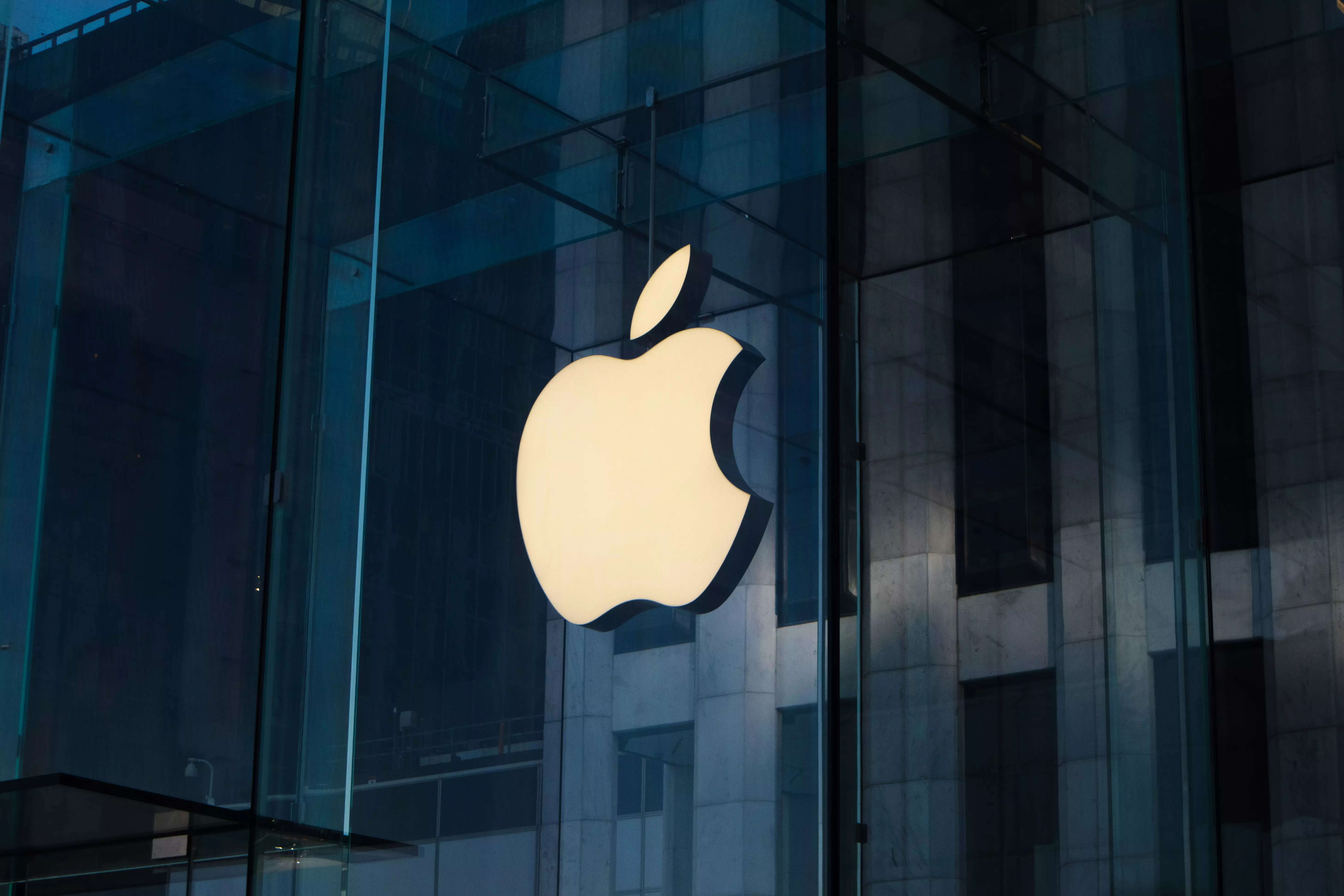Apple Passkey: Apple brings passkeys support for Apple ID with iOS 17, macOS Sonoma – Times of India
This update will allow a user to sign into any Apple web property using the designated passkey for their Apple ID, and it can be used with Sign in with Apple on the web. It will also work with any third-party app or website if a user has used their Apple ID to sign in.
We did try to see if passkey has indeed been rolled out in iOS 17 but couldn’t see the feature on iCloud web. This means that not all beta users have got the feature but should be getting it soon.
What are passkeys?
On one of its support pages, Apple explains what a passkey is. “A passkey is a cryptographic entity that’s not visible to you, and it’s used in place of a password. A passkey consists of a
key pair
, which—compared to a password—profoundly improves security. One key is public, registered with the website or app you’re using. The other key is private, held only by your devices.”
Through the use of powerful, industry-standard cryptography techniques, this key pair helps ensure a strong, private relationship between your devices and the website or app. Passkeys are end-to-end encrypted in iCloud Keychain, so no one—not even Apple—can read it. The passkey never leaves your devices, so it can’t be leaked from websites or apps, making it really secure.
function loadGtagEvents(isGoogleCampaignActive) { if (!isGoogleCampaignActive) { return; } var id = document.getElementById('toi-plus-google-campaign'); if (id) { return; } (function(f, b, e, v, n, t, s) { t = b.createElement(e); t.async = !0; t.defer = !0; t.src = v; t.id = 'toi-plus-google-campaign'; s = b.getElementsByTagName(e)[0]; s.parentNode.insertBefore(t, s); })(f, b, e, 'https://www.googletagmanager.com/gtag/js?id=AW-877820074', n, t, s); };
window.TimesApps = window.TimesApps || {}; var TimesApps = window.TimesApps; TimesApps.toiPlusEvents = function(config) { var isConfigAvailable = "toiplus_site_settings" in f && "isFBCampaignActive" in f.toiplus_site_settings && "isGoogleCampaignActive" in f.toiplus_site_settings; var isPrimeUser = window.isPrime; if (isConfigAvailable && !isPrimeUser) { loadGtagEvents(f.toiplus_site_settings.isGoogleCampaignActive); loadFBEvents(f.toiplus_site_settings.isFBCampaignActive); } else { var JarvisUrl="https://jarvis.indiatimes.com/v1/feeds/toi_plus/site_settings/643526e21443833f0c454615?db_env=published"; window.getFromClient(JarvisUrl, function(config){ if (config) { loadGtagEvents(config?.isGoogleCampaignActive); loadFBEvents(config?.isFBCampaignActive); } }) } }; })( window, document, 'script', );
For all the latest Technology News Click Here


